“The fence takes us de facto back to the past, where walls were separating cities and iron curtains states. It is ironic that the people that were the utmost proponents of the fall of those walls and curtains, are the chief conspirators and patrons of erecting barbed wire fences today… concocting this dehumanised act, they sent a clear message that human rights are empty words for them and human lives have no value.”–Open Letter to the Institutions: We Demand Removal of the Fence!, Leftist Movement Solidarnost
Everyone’s talking about it. It’s constantly trending on Twitter and Facebook. It’s on every news channel and in every newspaper. We have been overwhelmed, and rightly so, with photos, videos, and text vividly describing to us the death and despair of thousands of refugees at Europe’s front door. Not to mention the suffering of millions in Turkey, Lebanon, and Jordan. The headlines only serve as proof: “Three migrants drown trying to cross river to Macedonia,” “Refugee mother forced to wash newborn baby in puddle as conditions at Greece’s Idomeni camp deteriorate,” “Deaths mount, no end in sight to EU refugee crisis.” Disturbingly, in the face of this tragedy Western policy discourse has become so perverse that it centers on how Europeans and Americans must protect themselves and their borders from the very people they should be helping, refugees! This absurd obsession with security has overtaken the discourse of the world’s greatest refugee crisis since World War II and denied all humanitarian approaches to addressing it.
The arguments of this security discourse range from flat out racist and xenophobic rhetoric regarding the Islamisation of Europe to concerns about ISIS terrorists infiltrating Europe and fears that receiving refugees would destroy the dream of the European Union. This has led many European countries, including Slovenia, Hungary, and Macedonia, to fence off their borders and refuse to admit refugees and asylum seekers. Others, such as Slovakia, have at times either refused to participate in the EU’s refugee distribution plan or stated that they will only accept “Christian refugees” in an effort to stop “the formation of a united Muslim community.”
Recently, in an attempt to address the crisis, the EU brokered a deal with Turkey which has already led to the closure of the largest refugee route to Europe– the Balkan route. This deal once again perpetuates the perverse nature in the response to the crisis by disregarding the humanitarian needs of refugees and focusing on Europe’s own security concerns. The United Nations High Commissioner for Refugees alongside human rights organizations such as Doctors without Borders, Amnesty International, and Human Rights Watch, has criticized the deal for being morally flawed and violating “European and international laws.” Since the closure of the Balkan route, thousands of refugees have been trapped at borders living in dire and deteriorating conditions while hundreds of others have continued to cross into Europe “illegally” despite border fences and other security measures.
The worst outcome of this discourse has been the loss of humanity and the dehumanizing process of “othering” those who seek safety in Europe. Rather than talking about the distinct, precious, and important lives of millions of individuals we have simply grouped them into categories in order to avoid our responsibility to do something.
The worst outcome of this discourse has been the loss of humanity and the dehumanizing process of “othering” those who seek safety in Europe. Rather than talking about the distinct, precious, and important lives of millions of individuals we have simply grouped them into categories in order to avoid our responsibility to do something. Imagine a hypothetical young Syrian university student-Zara. Rather than learning about her, a star pupil who was studying physics on a full-ride scholarship in a well-known Damascus university, whose family was killed by ISIS which led her to make the treacherous journey to Europe, we simply identify her as a “Syrian”, a “refugee”, a “migrant”. She is no longer a distinct individual whose life has involved love, success, sadness, or any other emotion. She is simply an “other”. An “other” grouped with millions of other individuals which we can put in the back of our mind and forget about so that we ourselves don’t feel the suffering and pain they have gone through. So that we ourselves don’t have to assume responsibility for their future.
In the end, this “othering” and all of the security oriented “solutions” to the refugee crisis have failed to achieve Fortress Europe’s despicable goal of preventing refugees from finding safety while simultaneously succeeding in further bringing harm by forcing them to suffer the unlivable conditions of border camps and seek illegal and deadly means of reaching Europe. Clearly, it is time for a renewed, morally just, and human-oriented approach to addressing the refugee crisis. For if not now, then when? How many more Zaras, how many more women and children, who now overwhelmingly comprise the majority of refugees trapped in Greece, will have to die in order for European and American policymakers to understand that refugees are not a security issue?
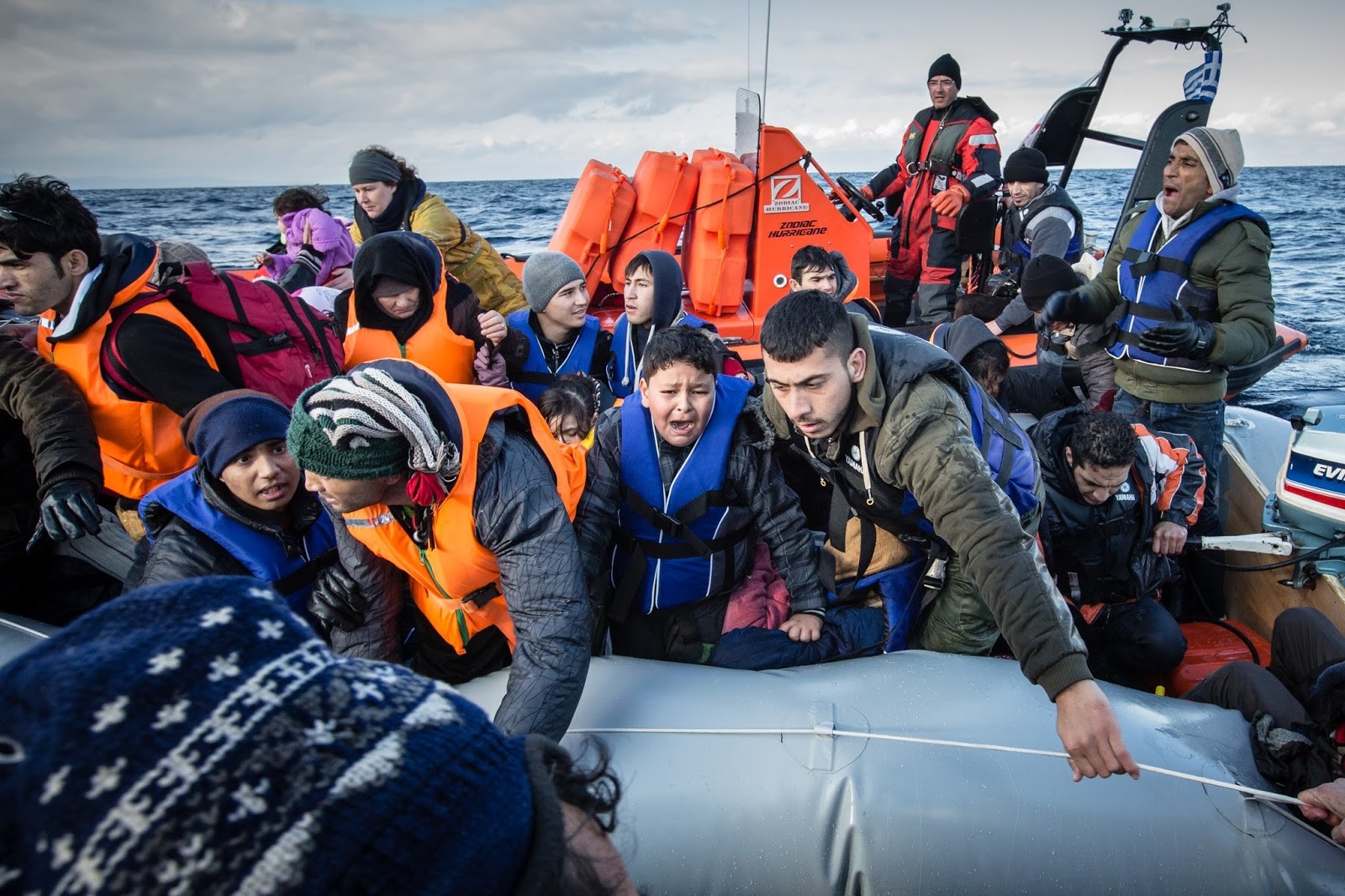
This new approach should be morally and legally grounded in the principles of freedom of movement, open borders, and international laws regarding the right to seek asylum. First, Europe must abide by a policy of open borders to allow safe passage for refugees seeking asylum on the continent. According to international law, all people have the right to seek asylum and states must legally process all claims of asylum regardless of nationality. Currently, European states only want to process the claims of Syrian nationals while disregarding all other nationalities. This means that individuals fleeing from Iraq, Afghanistan, or other states are denied their human right to seek asylum. This de facto segregation by nationality and the decision to only process certain asylum applications thus violates European and international law and must be terminated through a policy of open borders for asylum seekers.
Second, the fences along the borders of European states must be taken down. Countries claimed at first that the fences were used to narrow the flow of refugees to particular points along the border. However, the fences now just serve as barriers for closed borders. Such fences and the policies of closed borders restrict the freedom of movement of refugees. A freedom which many Europeans and Americans take for granted. These restrictions force refugees to seek other routes into Europe. These routes are typically more physically dangerous and used by smugglers which put more and more refugees in harm’s way.
Finally, states must provide for the basic needs of refugees alongside international and local nongovernmental organizations. This means that adequate housing, food, health and reproductive care, should be offered to refugees traveling across Europe. As the demographics of the refugees entering Europe have shifted toward women, including pregnant women, children, and individuals with disabilities it is crucial that the proper healthcare and reproductive care is made available to them. Critics will argue that “Europe is full” or “Europe cannot afford to care for these refugees” in order to deny them these rights. This is false. If Europe has 6 billion euros to offer to Turkey, if Europe has millions of euros to provide to states along the Balkan route, if Europe has enough funds to build fences, if Europe has enough to ship around and pay soldiers to guard these borders, then surely Europe has enough to provide for the most basic and essential needs of refugees.
Ultimately, such policies of open borders, the removal of fences, and the provision of essentials for refugees are morally just, in line with international law, and better than the current perverse and harmful status quo. In the end it will not be Europe’s failure to “protect” itself and secure its borders that will mark the end of the EU, but it will be Europe’s complacency and selfishness in the face of human tragedy that will unravel its dream.

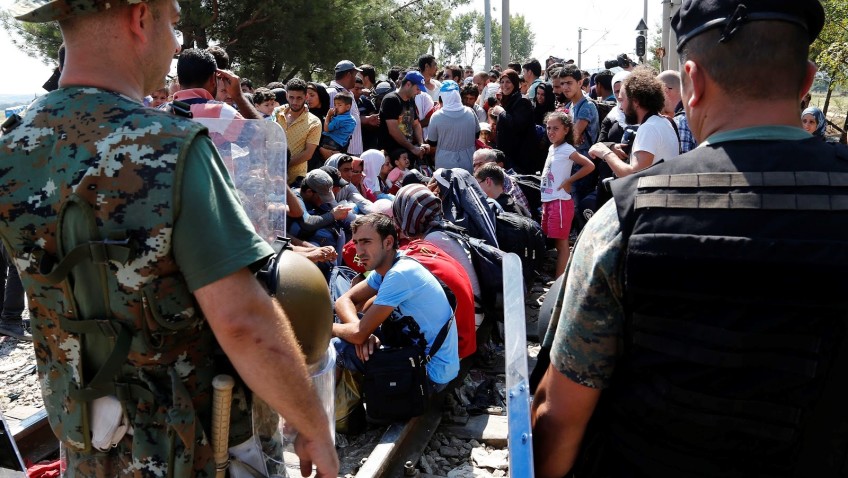
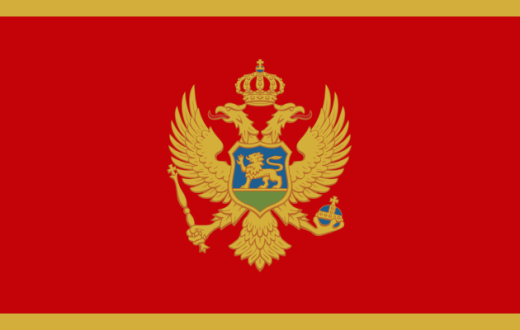

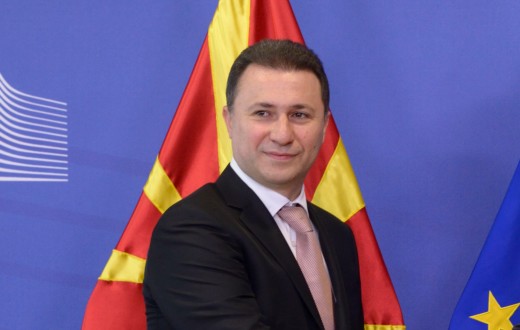
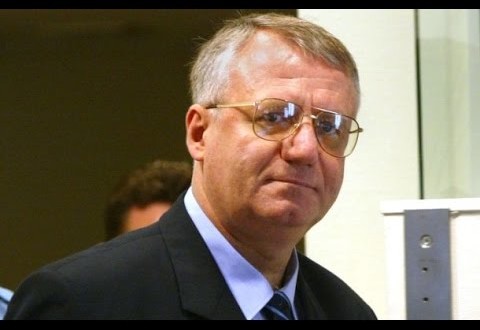

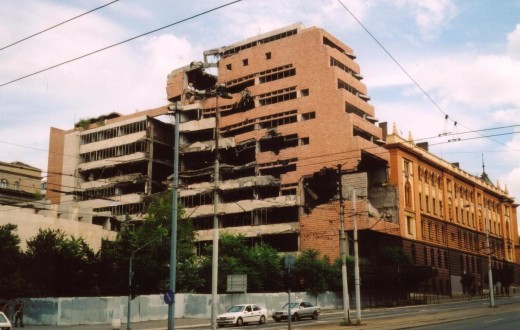
0 comments